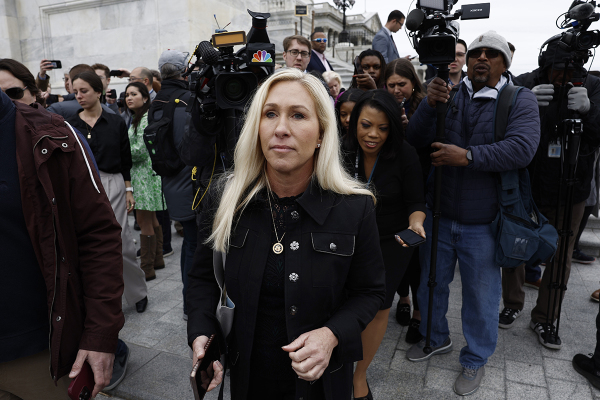Supreme Court to Hear Ariz. Christian School Case
The U.S. Supreme Court agreed on Monday to hear a case concerning Arizona's tax credits for donations towards private school scholarships.
A lower court last year ruled parts of the program were unconstitutional because parents who want to use the scholarships could mostly only send their children to religious schools. The Americans Civil Liberties Union, which filed the original lawsuit, and other opponents of the program argue it is unconstitutional because it amounts to state endorsement of religion.
But the Alliance Defense Fund, which will defend the private school tuition program, appealed to the high court calling for the dismissal of the lawsuit because the ACLU and other challengers have not proven they have suffered any injury from the tax credit program.
Arizona state residents can claim a tax credit for donations to private organizations that provide scholarships to private school.
"Regardless of whether they are religious or non-religious, any type of private school can be legally funded by school tuition organizations, which distribute only private money," said ADF senior legal counsel David Cortman. "This type of funding does not become unconstitutional just because non-religious organizations have not taken as much initiative to make use of the opportunity."
ADF highlighted that the program receives private money used to help parents enroll their children in private schools. The state does not touch the private money and the program does not receive government money.
"So why would the ACLU want to interfere with parents' rights to choose schools for their own kids?" Cortman asked.
This is the second time the Supreme Court has heard a case involving school voucher programs. The first time was in 2002 when the high court upheld that the Cleveland program was constitutional because the government does not decide on whether money should go to religious schools.
The Supreme Court will hear Arizona Christian School Tuition Organization v. Winn this fall.






















